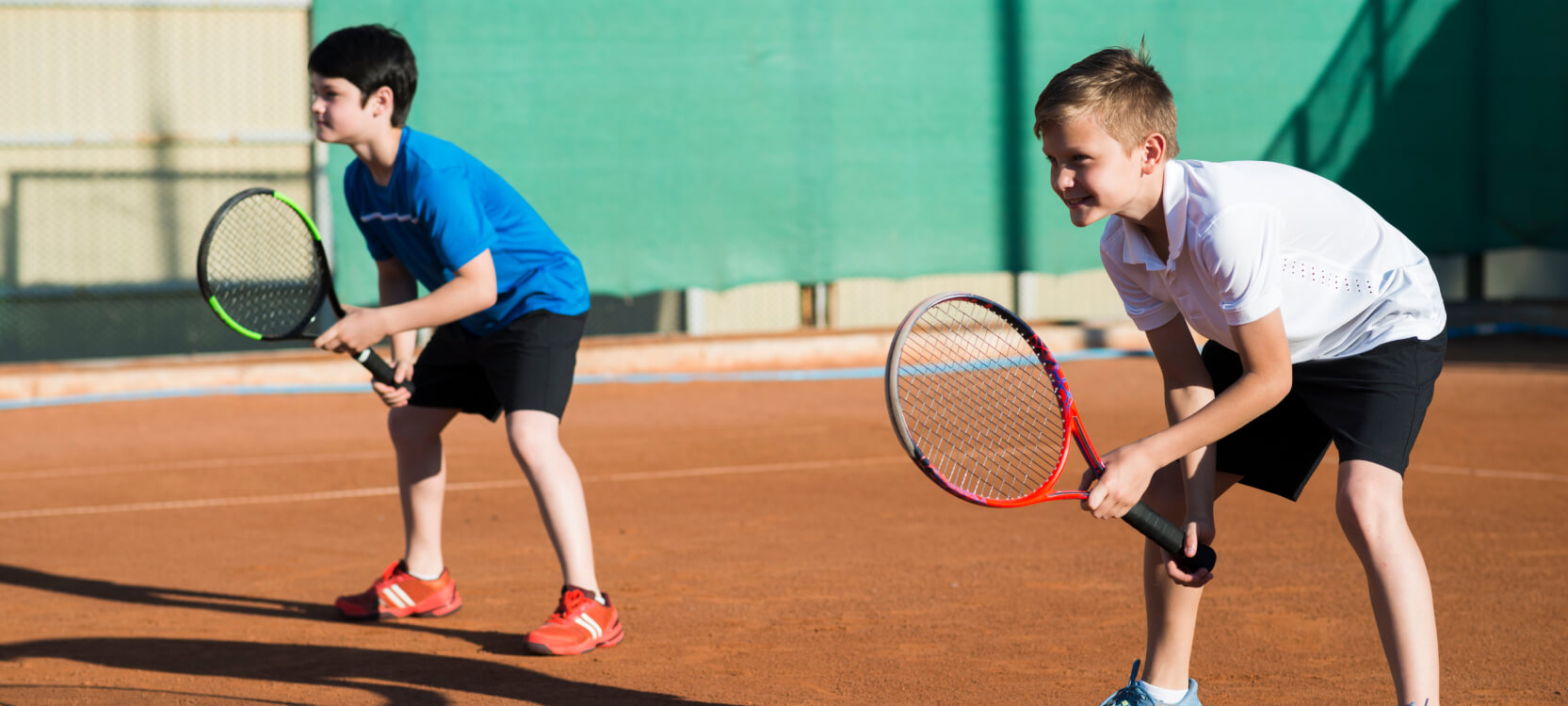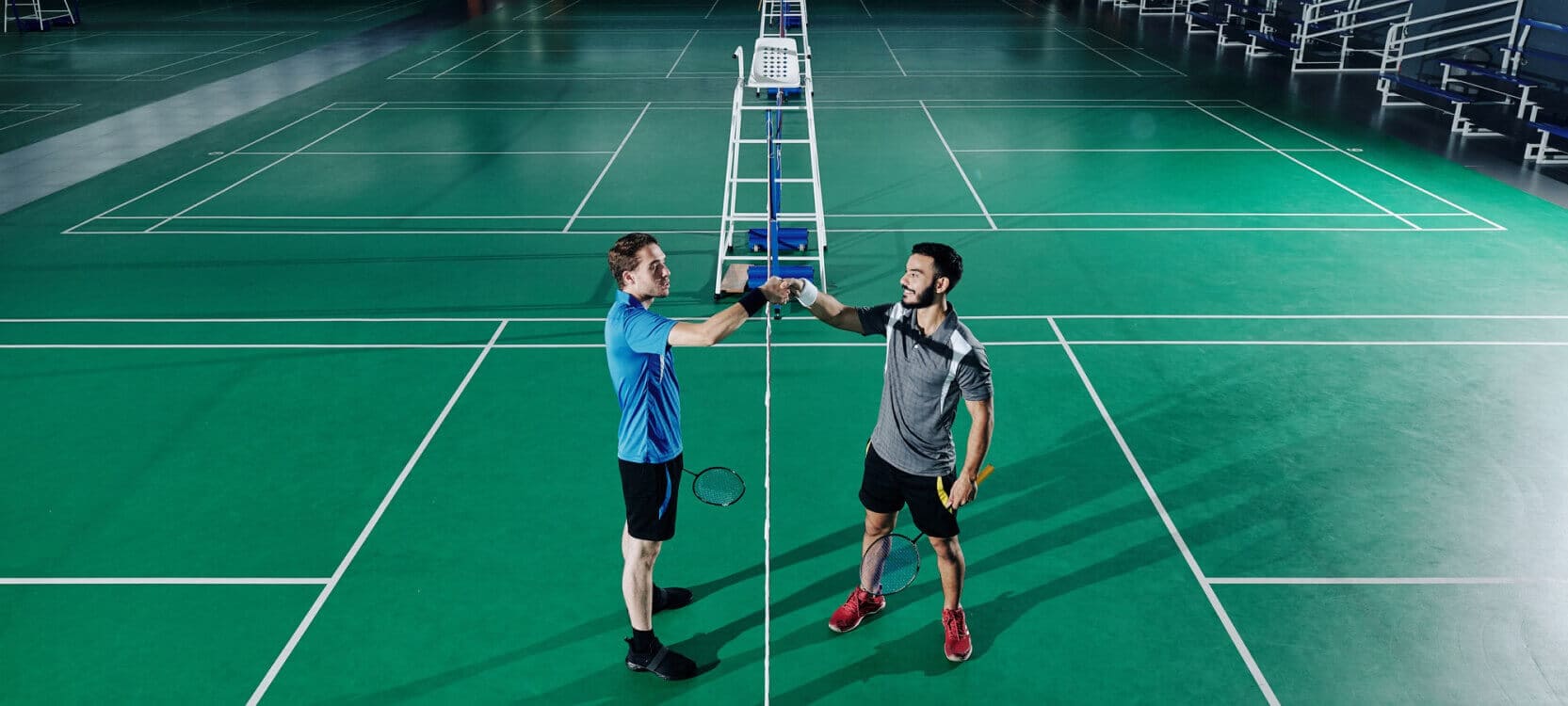 Blogs
Blogs
8 Common Misconceptions About Kids Starting Badminton Coaching Too Early

Badminton is more than just a fun activity—it’s a sport that builds coordination, confidence, and character. As more parents consider enrolling their children in coaching programs, one common question often comes up: “When should kids start badminton coaching?“
The answer isn’t always straightforward. Every child is different, and so are their readiness levels. Still, many experts agree that starting early, when done thoughtfully, can greatly benefit both physical and mental development. Early training introduces children to healthy habits, goal-setting, teamwork, and discipline in a playful and supportive environment.
At Power Play Sports, we believe early exposure to the game—done with care and age-appropriate techniques—can lay the perfect foundation for long-term athletic and personal development. However, many parents are still held back by misconceptions. Let’s clear them up.
1. “It’s too early for structured sports.”
Unstructured play is valuable, but adding light structure through sports like badminton doesn’t replace fun—it enhances it. Young children benefit from basic routines, movement patterns, and skill-building games that improve focus, balance, and social interaction.
2. “Badminton is too intense for young kids.”
While it’s a fast-paced sport at higher levels, beginner coaching for kids is gentle and game-based. Children start with simple footwork, hand-eye coordination drills, and playful shuttle activities. It’s not about intensity—it’s about enjoyment and learning at the right pace.
3. “You have to be tall or naturally athletic to succeed.”
Talent in badminton doesn’t come from height or muscle—it comes from timing, agility, and smart training. Many world-class players began their journey as average kids with a love for the game and strong mentorship. With the right coaching, any child can grow into a skilled player.
4. “They’ll get bored quickly.”
This depends more on the environment than the sport. Great coaching programs make sessions interactive and varied, using creative activities to maintain engagement. Kids love learning when it’s delivered with energy and encouragement.
5. “Starting early can lead to burnout.”
Burnout occurs when children are pushed too hard or placed under unnecessary pressure. Responsible coaching, like what we offer at Power Play Sports, includes rest periods, fun-based progression, and focus on long-term interest rather than immediate results.
6. “Specializing early is a bad thing.”
It’s true that kids should explore multiple sports—but starting with badminton doesn’t mean they’re locked in. Many coaching programs support multi-sport participation and encourage variety, especially during the early years. It’s all about balance.
7. “They’re too young to understand the sport.”
Young children may not grasp advanced tactics, but they quickly pick up movement, coordination, and basic game rules. With the right coach, even a 5-year-old can understand how to rally, return, and enjoy playing on a court.
8. “If they’re not aiming to be a pro, what’s the point?”
Not every child will chase medals, and that’s completely okay. Badminton teaches discipline, resilience, and teamwork—skills that serve children well in every area of life. Early coaching supports emotional and social development, not just athletic performance.
Final Thoughts
So really—when should kids start badminton coaching? The answer lies in readiness, not just age. If your child is curious, active, and open to learning in a group setting, it’s likely the perfect time to begin. Early exposure builds physical skills and lifelong confidence, while also introducing values like discipline, perseverance, and teamwork.
At Power Play Sports, our beginner-friendly badminton programs are designed specifically for kids. With expert coaches, fun routines, and a strong focus on safe progression, we ensure your child not only learns but also loves the sport from day one.
Book a trial session today and take the first step toward a healthier, happier sporting journey.



